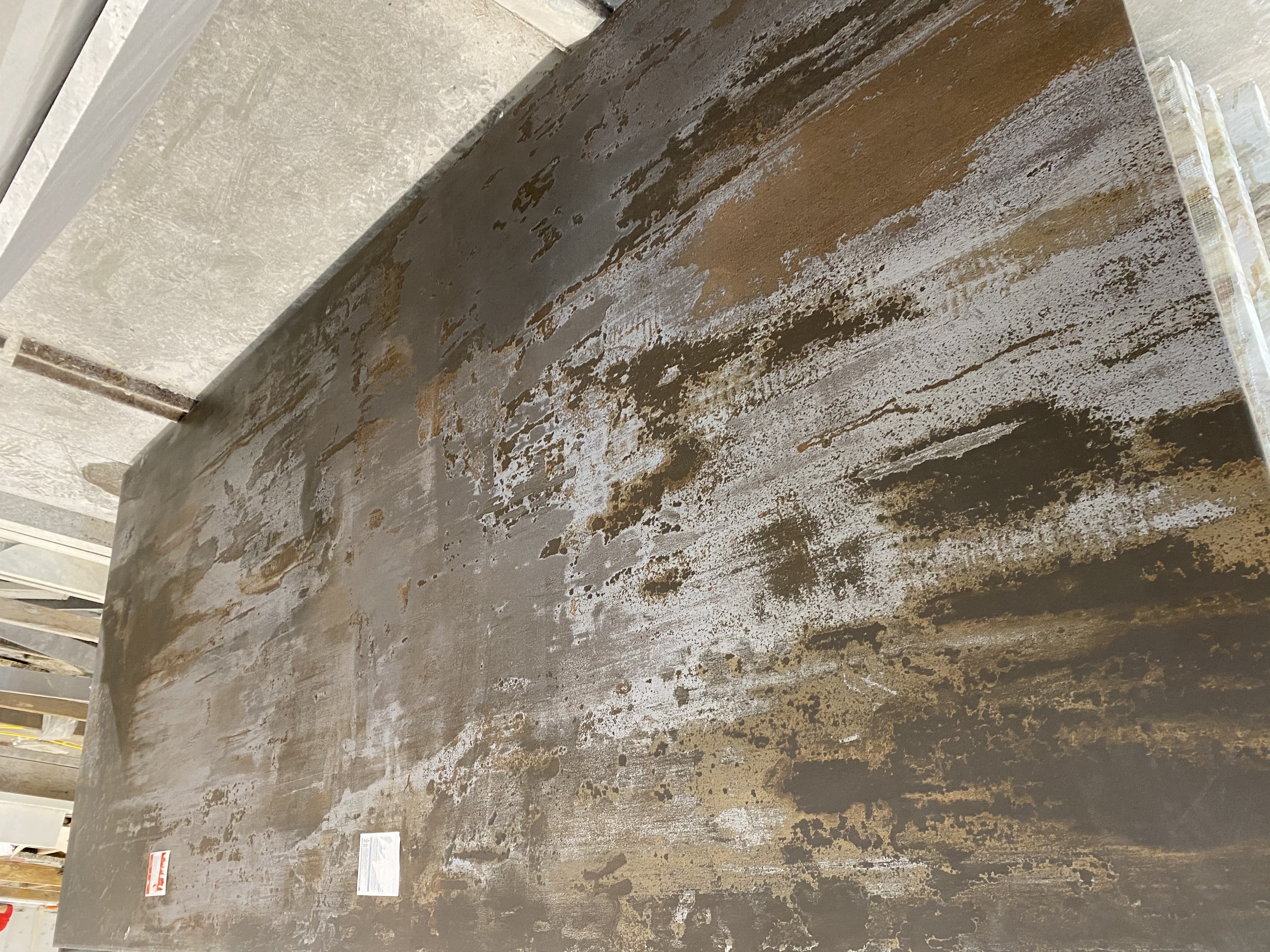How to Choose Countertop Contractors for Compact Kitchens
페이지 정보
작성자 Paulina 작성일25-01-11 18:13 조회13회 댓글0건본문
 Choosing the right contractor can feel overwhelming. It’s not just about picking someone with a good reputation. You want someone who understands your vision and needs. A compact kitchen has its own unique challenges. You need a contractor who gets that.
Choosing the right contractor can feel overwhelming. It’s not just about picking someone with a good reputation. You want someone who understands your vision and needs. A compact kitchen has its own unique challenges. You need a contractor who gets that.The process can be tricky, but it doesn’t have to be stressful. Start by gathering recommendations from friends or family. Look for reviews online and check their past work. Once you have a list, reach out and ask questions.
Your compact kitchen deserves special attention, so don’t rush this choice. Find someone who listens to your ideas and offers real solutions. This is your space, after all, and you want it just right.
Trust is key in this relationship; you’ll work closely together throughout the project. With the right contractor by your side, transforming your kitchen can be an exciting experience.
Understanding Your Kitchen Countertop Needs
Choosing the right countertop is a big deal. It’s more than just looks. You need to think about how you use your kitchen. Every detail matters, from cooking habits to maintenance preferences.
Start by considering your daily routine. Do you cook often? Maybe you bake a lot? Think about the activities that happen in your kitchen every day. This will help narrow down your options.
Next, consider the size of your space. Compact kitchens can feel cramped quickly, https://landenqvlt838.bravesites.com/entries/general/21-Ways-CountertopsContractorscom-Ensures-Only-the-Best-Contractors-Make-the-Cut so every inch counts. A good countertop should fit well and not overwhelm the area.
Materials play a key role too. Some surfaces are tough and easy to clean, while others might require more care. If you're busy, low-maintenance options could be best for you.
Your style also matters in this decision-making process because it’s all about creating a vibe that feels like home while still being practical for everyday tasks that happen in such an important space.
Evaluating Contractor Experience and Expertise
Choosing the right contractor can feel overwhelming. You want someone who knows what they're doing. Their experience matters a lot. It can make or break your kitchen project.
Start by checking how long they've been in the business. Look at their past projects, especially in compact kitchens. Ask for references from previous clients. A good contractor will have happy customers.
- Check their portfolio.
- Read online reviews.
- Ask about their training and certifications.
A contractor with years of experience often has valuable skills that newer ones may not possess, so it's wise to look for those who have worked on similar projects before, as they will understand the unique challenges that come with designing and installing countertops in smaller spaces, ensuring a smoother process overall.
Don't hesitate to ask questions during your initial meeting. Communication is key here. If they explain things clearly, that's a good sign. Trust your gut feeling too; it’s important!
A solid track record shows reliability and expertise. You want someone who can adapt to changes without missing a beat. A skilled contractor will also keep you informed throughout the process, making sure you're on the same page every step of the way.
Comparing Materials for Compact Spaces
Choosing the right material for your compact kitchen is key. You want something that looks good and works well. Space is tight, so every choice matters. Different materials have their pros and cons. Let's break it down.
For countertops, you might think about options like laminate or quartz. Laminate is affordable and comes in many colors. It’s lightweight too, making it a solid choice for small areas. Quartz offers durability and a sleek look but can be pricier.
Wood brings warmth to your kitchen but needs more care. If you love the natural vibe, go for butcher block or reclaimed wood. They add character but can be sensitive to moisture.
Stainless steel is another contender worth considering as it’s easy to clean and super durable, which makes it ideal for busy kitchens where spills happen often; however, it might show fingerprints easily, which could be annoying if you prefer a spotless look.
Lastly, concrete has become popular lately due to its unique style and customization options; yet it requires sealing to prevent stains and damage over time which can be a bit of a hassle if maintenance isn't your thing.
Budgeting for Your Countertop Project
Planning your budget is a key part of any home project. It sets the tone and helps you avoid surprises later. You need to think about all the costs involved. Materials, labor, and even unexpected expenses can add up quickly. A little preparation goes a long way.
Start by figuring out how much you can spend. This will guide your choices as you look at different options. Remember to include installation costs in your calculations. Sometimes these can be higher than expected.
Next, do some research on materials that fit your style and budget. There are many choices out there, from laminate to granite or quartz. Each has its own price range and benefits.
Don’t forget about additional costs like edge treatments or special finishes that might catch your eye but also increase the total cost significantly if you're not careful.
If you're feeling unsure, it’s wise to consult with contractors early on for estimates and advice tailored to your specific needs; this way, you can adjust as necessary before making any final decisions that could affect your wallet later on.
댓글목록
등록된 댓글이 없습니다.










